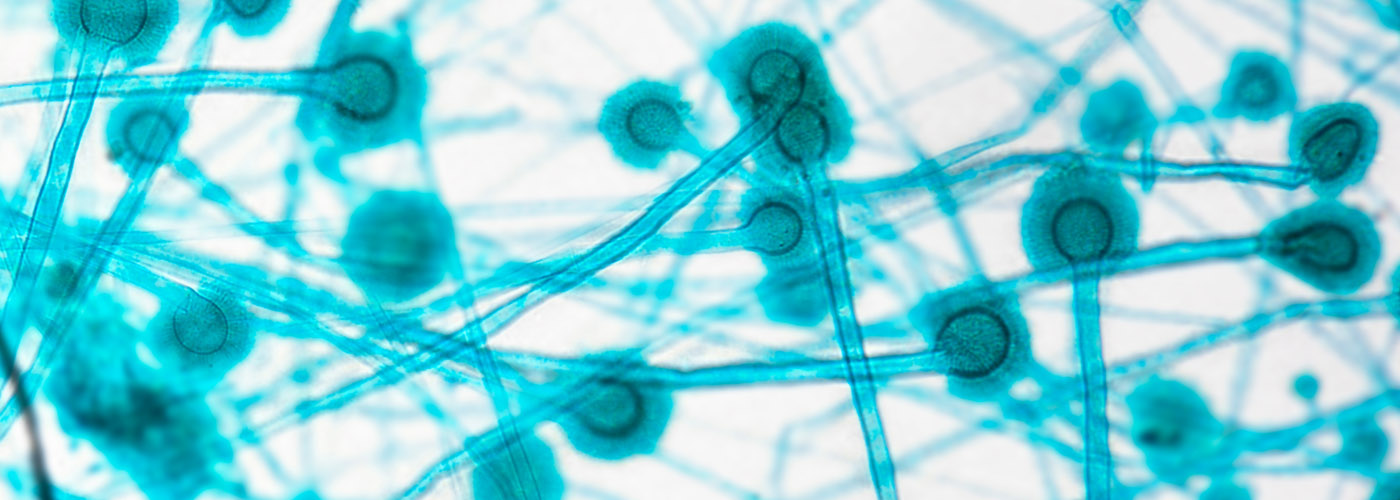
Discovering new ways to prevent and treat infection
Infectious disease is still a major cause of human death, yet antimicrobial drugs are becoming less and less effective. By 2050, resistance to antimicrobial drugs is predicted to kill more people than cancer.
Our research addresses a triad of factors – host, pathogen and microbiome – to innovate the discovery of new therapies.
In discovering new ways to prevent and treat infectious disease, it is vital we have a detailed mechanistic understanding of disease processes, how they impact human pathology, and the feasibility of therapeutically targeting such mechanisms.
Our infrastructure and research expertise provides us with a unique ability to study infectious diseases within the context of disease as a whole. We take into account the complex set of feedback loops between pathogens, host immune systems and our own microbiota.
Our multidisciplinary research benefits from our proximity to clinics through Health Innovation Manchester, which provides the opportunity for sourcing relevant patient cohorts and primary human cells and tissues.
We also have direct access to state-of-the-art core facilities including:
- single cell technologies;
- systems microscopy and bio-imaging;
- flow cytometry, imaging flow cytometry and CyTOF;
- BSL3 and gnotobiotic facility.
Grant success
We hold significant grant funding from the Wellcome Trust, the research councils and industry.
Groups that attract funding include the Manchester Immunology Group (MIG), which studies the body’s defence system (immune system) and how it tackles infections like parasitic worms, and the Manchester Fungal Infection Group (MFIG) with a focus on fungal infection biology and translational antifungal research.
Areas of research activity
Featured projects
See a selection of current research projects, which aim to make a positive impact on health and disease both nationally and globally.
Defining mechanisms of mucosal innate defence using the X. tropicalis tadpole
The aim of the study is to investigate how innate defence mechanisms function in mucus barriers. This could potentially lead to new targets for treating disease.
Macrophage provenance, proliferation and plasticity in nematode infection
This research will advance our understanding of immunity to filariasis, a family of parasitic diseases that currently infects over 120 million people, with about 40 million disfigured and incapacitated by the disease.
Development of serology diagnosis of chronic aspergillosis and histoplasmosis in Indonesia
This study has the potential to transform several aspects of the management of patients thought to have pulmonary TB, in Indonesia and other countries.
A genome-scale census of virulence factors in the major mould pathogen of human lungs
The aim of the study is to develop new antifungal treatments for infectious diseases that are caused by fungi.
These diseases are a worldwide problem causing at least as many deaths as malaria and tuberculosis.
IMPC: Faithful to the worm - Oasl1 mediated control of M(IL-4) activation and plasticity in helminth
This study investigates macrophages, which are important cells of the immune system, in an attempt to identify potential new therapeutic approaches for diseases such as cancer and metabolic disorders.
Defining the drivers of immune variation
This project will advance our understanding of immunological variation and its significance by studying an immunological model organism in a natural setting.

Featured researchers
Professor Judi Allen
Professor of Immunobiology

Judi’s lab studies the interaction between helminth parasites and their hosts, in order to understand the function of the ‘type 2’ immune response typically induced in response to helminths. Her research is funded by the Medical Research Council and the Wellcome Trust.
Professor Jeremy Derrick
Professor of Medical Microbiology

The aim of Jeremy’s work is to understand the structures of the proteins on the surface of bacteria, how they work and how they interact with the molecules of the human immune system. He is working on a new approach to the development of a vaccine against meningococcal meningitis.
Professor Richard Grencis
Professor of Immunology

The goal of Richard’s research group is to understand in detail how roundworm parasites survive in infected individuals and why our immune system cannot remove them from the body. This will help develop better ways of combating infection through the development of vaccines.
Training future scientists and doctors
We are strongly committed to training and education at both postgraduate and undergraduate level.
Some of our principal investigators are supervisors on two flagship PhD programmes within the Faculty:
Publications overview
